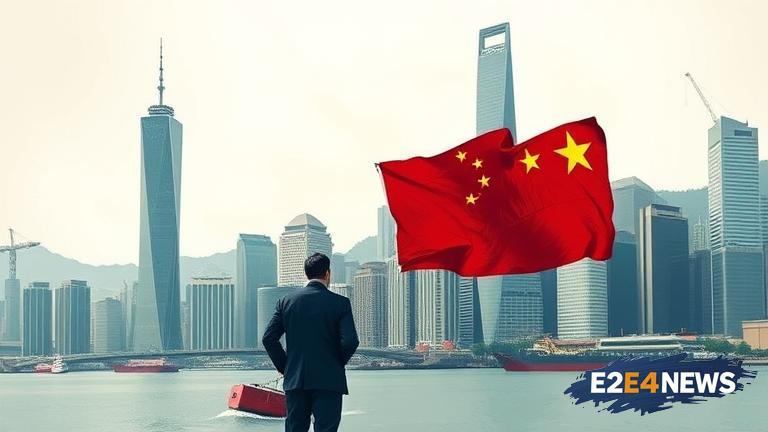The United Kingdom has joined a growing list of countries condemning China’s newly implemented security law in Hong Kong. UK Prime Minister Boris Johnson has publicly denounced the law, stating that it undermines the autonomy of the region and poses a significant threat to human rights. The law, which was passed on June 30, 2020, gives China sweeping powers to crack down on dissent and opposition in Hong Kong. Johnson’s comments come as tensions between the UK and China continue to escalate, with the UK recently announcing plans to phase out Chinese telecoms giant Huawei from its 5G network. The security law has been widely criticized by human rights groups and governments around the world, who argue that it erodes the freedoms and autonomy that Hong Kong was guaranteed under the ‘one country, two systems’ framework. The law allows for the prosecution of individuals who engage in activities deemed subversive or secessionist, and provides for the establishment of a national security agency in Hong Kong. The UK has offered citizenship to millions of Hong Kong residents in response to the law, a move that has been seen as a direct challenge to China’s authority. China has responded by warning the UK not to interfere in its internal affairs, and has threatened to take retaliatory measures. The situation has sparked concerns about the potential for further escalation and the impact on global trade and relations. The US, Australia, and Canada have also condemned the law, and have announced plans to take action in response. The European Union has also expressed concerns, and has called for China to reconsider the law. As the situation continues to unfold, it remains to be seen how the international community will respond to China’s actions in Hong Kong. The UK’s condemnation of the law is seen as a significant development, and is likely to have implications for relations between the two countries. The law has also sparked widespread protests in Hong Kong, with demonstrators taking to the streets to express their opposition to the law. The Hong Kong government has defended the law, stating that it is necessary to maintain national security and stability. However, critics argue that the law is a clear attempt to suppress dissent and opposition, and to erode the autonomy of the region. The international community is watching the situation closely, and is calling for China to respect the rights and freedoms of the people of Hong Kong.
